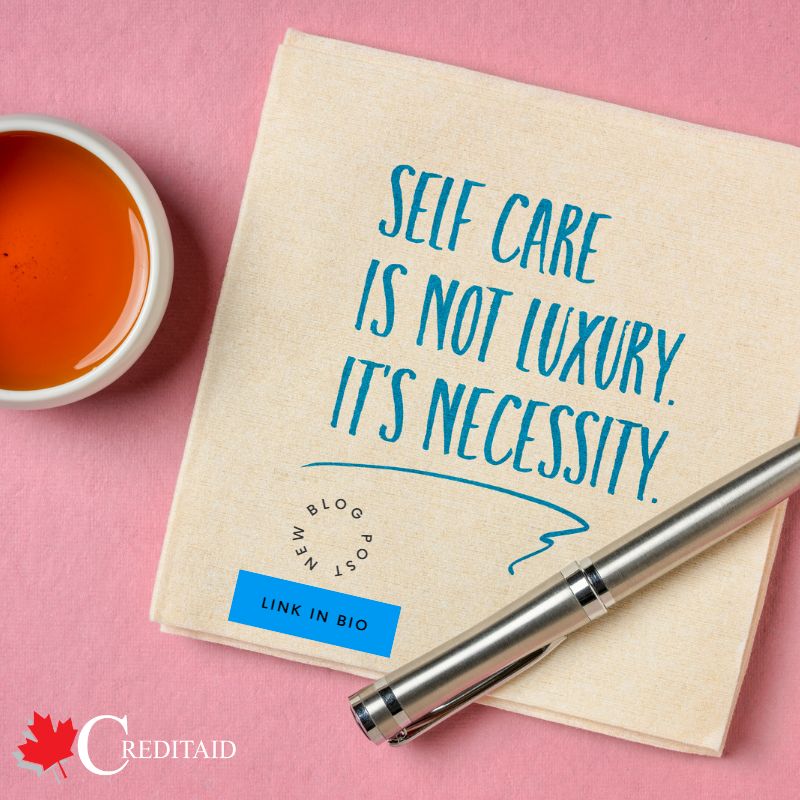Rebuilding your financial health and getting back on track after experiencing debt can be a significant accomplishment. However, it’s essential to take proactive steps to ensure that you don’t find yourself in a similar situation in the future. At Creditaid, we understand the challenges you face, and we’re here to provide guidance on how to avoid falling back into debt. In this blog post, we’ll share practical strategies and insights to help you maintain your financial stability and build a secure future.
- Create and Stick to a Realistic Budget:
A solid budget is the foundation of financial stability. Take the time to assess your income, expenses, and financial goals. Develop a realistic budget that allows you to cover your essential needs while setting aside savings and prioritizing debt repayment. Stick to this budget as closely as possible, making adjustments as needed. Regularly tracking your expenses and income will help you stay accountable and avoid overspending. - Build an Emergency Fund:
Unexpected expenses can quickly derail your progress. Building an emergency fund acts as a safety net during challenging times. Start by setting aside a small amount each month and gradually increase it until you have at least three to six months’ worth of living expenses saved. Having this buffer will help you handle unexpected financial setbacks without relying on credit or falling back into debt. - Prioritize Debt Repayment:
Continuing to pay down your existing debt is crucial to maintaining financial stability. Focus on paying off high-interest debt first while making minimum payments on other obligations. Consider employing strategies like the debt snowball or debt avalanche methods, depending on your financial situation and preferences. Celebrate each milestone along the way, and stay motivated by visualizing your progress and the freedom you’ll achieve once your debt is fully repaid. - Establish Healthy Financial Habits:
Developing healthy financial habits is key to avoiding future debt. Consider automating bill payments to avoid late fees or missed payments. Practice mindful spending by evaluating each purchase and determining whether it aligns with your financial goals. Build a habit of regularly reviewing your credit report and monitoring your financial accounts for any suspicious activities. By cultivating these habits, you’ll strengthen your financial foundation and reduce the risk of falling back into debt. - Seek Ongoing Support and Education:
Staying informed and seeking ongoing support is vital for long-term financial success. Continue to educate yourself about personal finance, budgeting, and debt management through books, online resources, or credit counselling programs like Creditaid. Our compassionate team of experts can provide guidance tailored to your unique situation, helping you navigate any challenges that arise and offering strategies to maintain your financial progress.
Achieving financial stability after overcoming debt is a significant accomplishment, but it’s essential to stay vigilant and proactive to avoid falling back into old patterns. By creating a realistic budget, building an emergency fund, prioritizing debt repayment, establishing healthy financial habits, and seeking ongoing support, you can maintain your financial well-being and build a secure future.
At Creditaid, we are here to support you on this journey. Our compassionate team provides personalized guidance and resources to help you stay on track and avoid the pitfalls of debt. Remember, you have the power to shape your financial future, and we’re here to assist you every step of the way.











